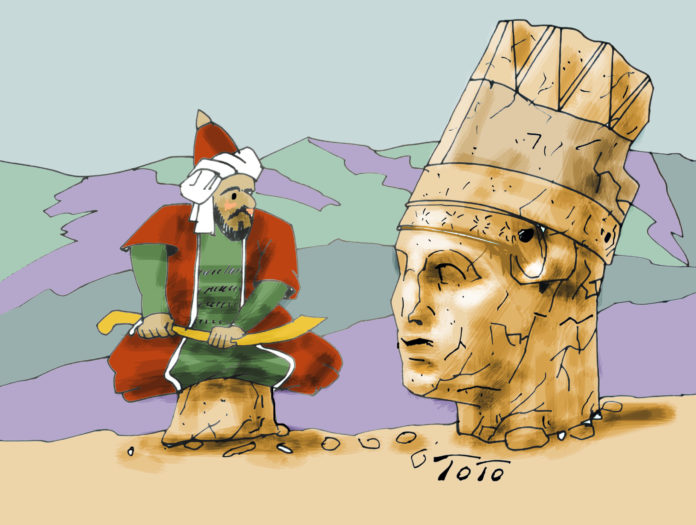As a new political order shapes up in the Caucasus, Armenia will face new risks and new opportunities. The question is how Yerevan will cope with new realities after suffering the devastating impact of a disastrous war.
Armenia would have been better equipped to deal with such opportunities before the war. Also, there is a serious concern regarding the ability of the current inexperienced leadership to successfully navigate through these turbulent waters and come out a winner.
One of the major developments is Turkey’s apparent change of heart and new desire to make peace with Armenia.
Almost a year ago, Turkey’s President Recep Tayyip Erdogan claimed, during a victory parade in Baku, that he had arrived there to achieve “the goals of his forefathers,” evoking the memory of Enver Pasha, one of the three architects of the Armenian Genocide.
Therefore, a statesman who publicly admits that his political goal is to continue the genocidal intentions of imperial Turkey must have other reasons and motivations to launch a peace initiative with those same people, which cannot be anything but a tactical and temporary retreat from its primary goals. Even if Turkey’s intention is not to commit a new genocide, nor continue the first one, its political ambitions of building a Turanic empire necessitate this intent.
Ruben Safrastyan, a Turkologist at the Armenian Academy of Sciences, states: “Armenia continues to be a wall separating Turkey from ‘Big Turan.’ Turkey signs separate military-technical agreements with all Turkic-speaking states, providing a supply of weapons produced in Turkey to these countries. This is the path, politics, [and] ideology of Recep Tayyip Erdogan and his army, towards the formation of ‘Big Turan,’ which now Turkey quite openly is demonstrating.”










